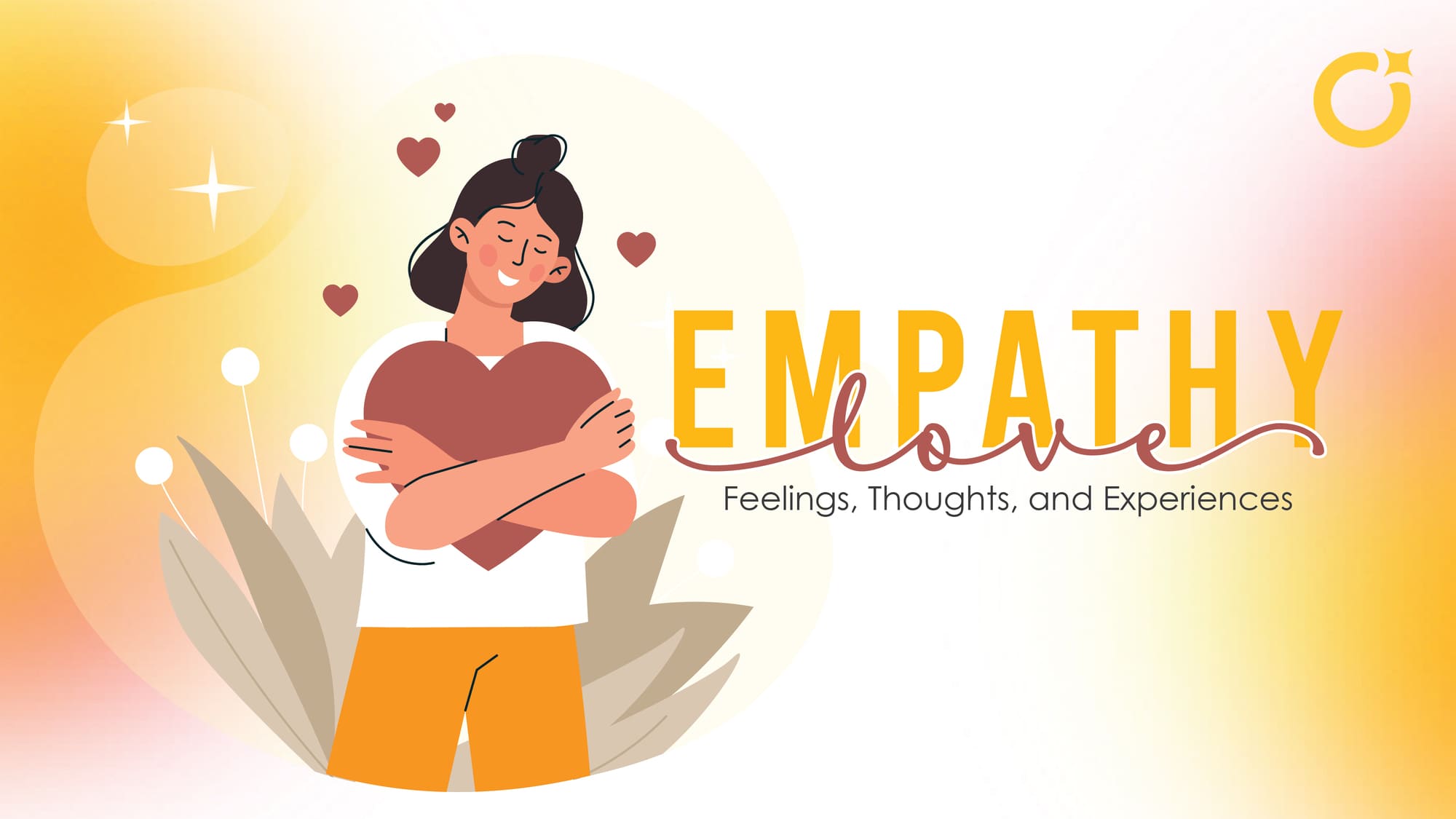
Empathy is the ability to understand and share the feelings of another person. It involves being able to recognize and respond to the emotions of others and putting oneself in someone else's shoes. Empathy is an essential aspect of social interactions and relationships and can help us compassionately connect with others. It is very effective in conflict resolution and has been the subject of research in a variety of fields, including psychology, sociology, and neuroscience.
When solving a problem, we often brainstorm ideas that we think would be the best solution for the masses, not realizing we all have biases. Including empathy in research allows you to put yourself in someone else's shoes. We take that a step further with Empathy Research and take all the guesswork out of it! We go straight to the person we're solving for to understand them better. Not just one person, but seek out a group of people from an area facing a similar problem but having some differences so we can genuinely understand various perspectives.
Understanding different perspectives involve being open to and curious about the viewpoints of others and attempting to see things from their point of view. It requires being willing to listen to and consider the experiences, values, and beliefs of others, even if they differ from your own. Here are a few strategies that may help you understand different perspectives while researching:
- Practice active listening: Pay attention to what the other person is saying, and try to understand their perspective without interrupting or judging.
- Ask open-ended questions: This can help you learn more about the other person's thoughts, feelings, and experiences. Open-ended questions usually begin with What or How.
- Avoid assumptions: Don't jump to conclusions or make assumptions about the other person's perspective based on your own biases or preconceptions. Ask for more detail and explanation.
- Seek to understand, not to persuade: Your goal should be to gain a deeper understanding of the other person's perspective, not to convince them to see things your way.
- Empathize: Try to put yourself in the other person's shoes and imagine how you might feel or think in their situation.
By following these strategies, you can improve your ability to understand and appreciate different perspectives and to communicate more effectively with others.
Remember that problem-solving in a community is often a collaborative process, and it can be helpful to involve a diverse group of people with different perspectives and expertise. You can identify and implement solutions that benefit the entire community by working together and engaging in open and honest communication.
At the Puranik Foundation, we empower our next generation of youth to innovate for alternative energy technology. Giving students the resources to design the future they want to see through youth activism. The Energy Project is a crash course on entrepreneurship for high school students.
For more information on The Energy Project, please email [email protected]